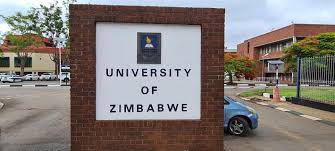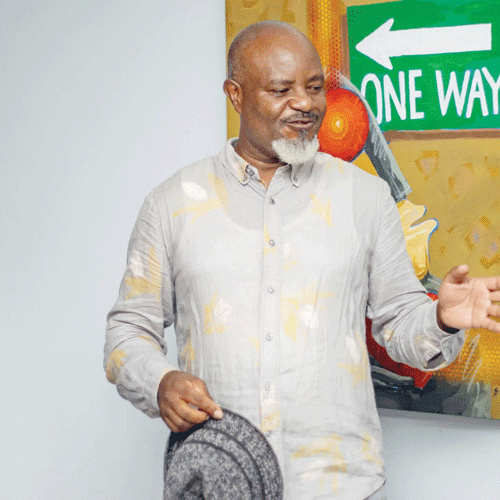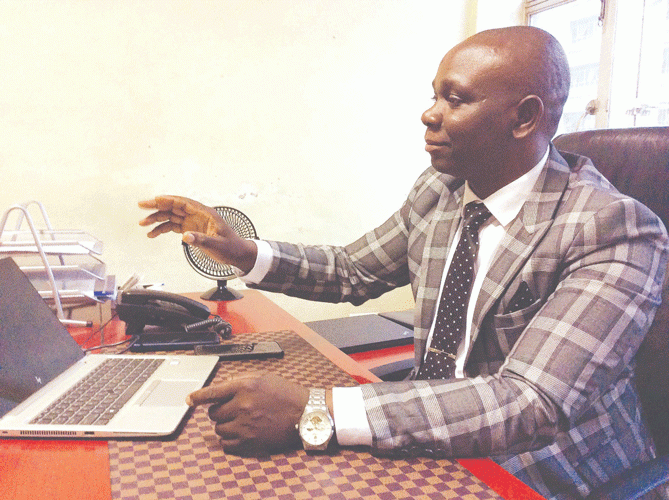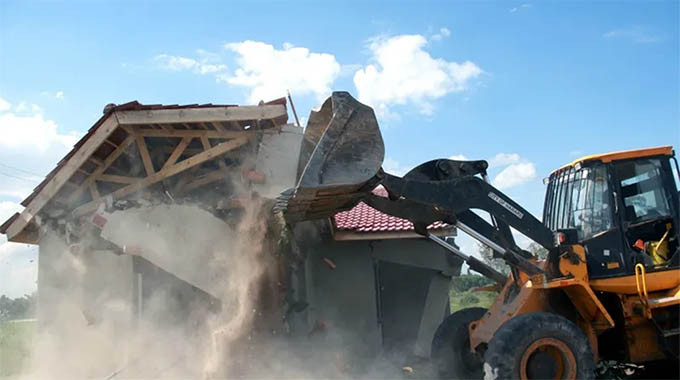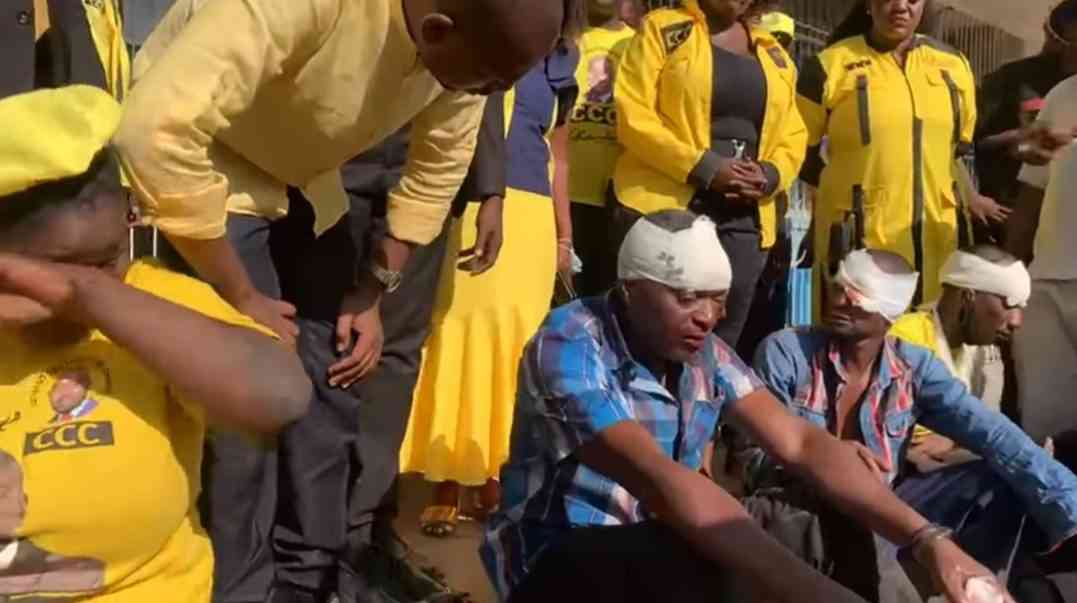THE Norton member of Parliament Temba Mliswa-led Mines and Energy Parliamentary Portfolio Committee’s call to summon former President Robert Mugabe to Parliament to answer and explain his 2016 claim that $15 billion worth of diamond revenue went missing is a welcome development, but it depends on how this process would be conducted.
We believe that after serving this country for a long time, the soon-to-be 94-year-old should be accorded a fair hearing in a transparent manner and not as a vindictive process.
Clearly, the grilling should not only end with Mugabe or the former ministers responsible for Mines — Obert Mpofu and Walter Chidakwa — but must include all those whose failings are a matter of public record, who are now part of the new regime.
There is no doubt that at 93 years, most Cabinet ministers and top government officials close to Mugabe or his wife Grace, could have taken advantage of the geriatric politician to line their pockets. Hence, everyone who is found wanting should face the full wrath of the law, if the fight against corruption is to be taken seriously.
While the public has welcomed the President Emmerson Mnangagwa-led government’s drive against corruption — including past misdeeds — indications are that the blitz has largely targeted those suspected to have been part of the Zanu PF G40 faction linked to Grace, while those that had thrown in their lot with the new President have remained untouched.
We believe that a whole national programme to fight corruption must not be implemented in a partisan manner. In fact, the new government must do lifestyle audits on all the ministers to establish how they were able to accumulate the wealth they have beginning with the command element of the ruling party and government. Mnangagwa could be immune to prosecution in this regard, but he should lead by example by subjecting his ministers to lifestyle audits without delay. This will be a litmus test for his sincerity in fighting corruption.
Keep Reading
- Chamisa under fire over US$120K donation
- Mavhunga puts DeMbare into Chibuku quarterfinals
- Pension funds bet on Cabora Bassa oilfields
- Councils defy govt fire tender directive
If, indeed, there are no sacred cows in terms of the oversight role of Parliament, as Mliswa would want us to believe, then Parliament must do the right thing and institute a comprehensive programme that spares no-one in the fight against endemic corruption.
This is the only way that the new government will be able to command the respect of the population. A partisan approach in the fight against corruption will not cut it. It cannot engender the confidence that the new government desperately needs. The message that corruption from whatever quarter will not be tolerated must ring loud and clear.
The population is watching and if things are not done properly, the new regime will lose whatever little goodwill that the masses have invested in it.

